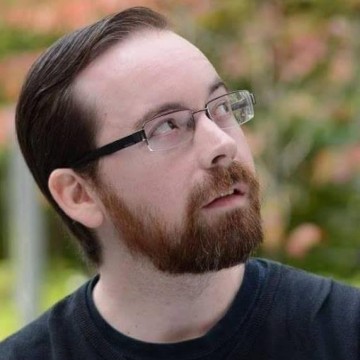‘Halloween’ Lands at Miramax – So What’s Next for the Franchise?
Miramax is now positioned to develop a TV series based on Halloween. Join us as we speculate on the creative directions the franchise could take next in television!
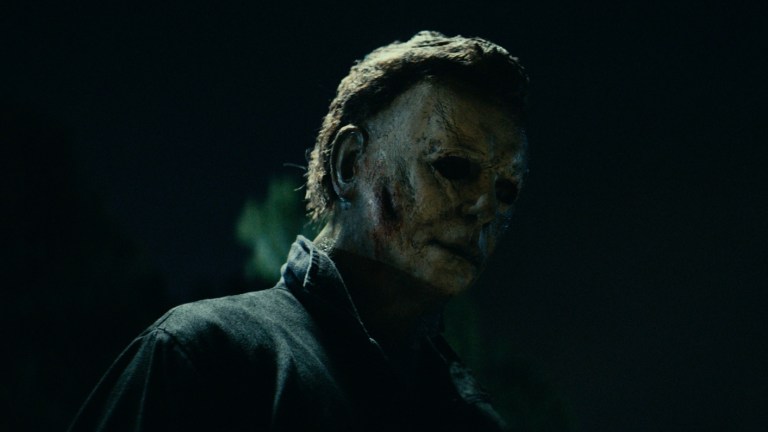
Table of Contents
Miramax Won the Bidding War
The news broke on the morning of October 12, 2023. The bidding war was over. Michael Myers and the Halloween franchise landed at Miramax, and Miramax now has the rights to develop a Halloween television series.
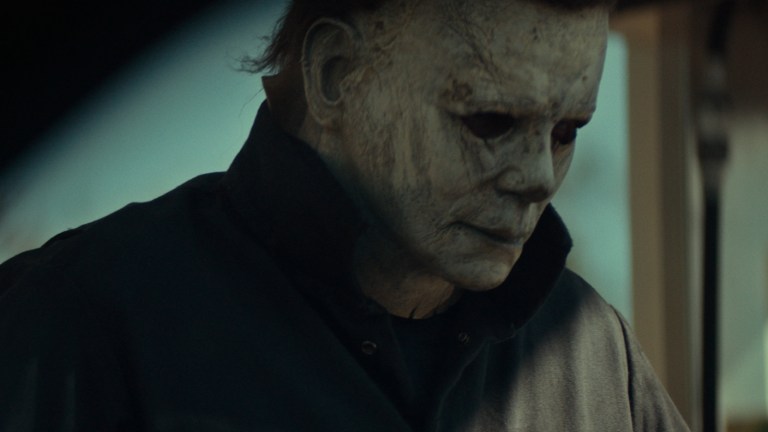
Trancas International Films and Miramax already co-own the film rights to Halloween. However, the rights to developing a TV series were owned exclusively by Trancas, which is the studio run by Malek Akkad, the son of Moustapha Akkad who was instrumental in producing Halloween all the way back to the 1978 original until his passing in 2005. A24 was reported as the main competitor for Miramax in its bid for the television rights, but Miramax won. So, will the fans be the ultimate winners?
There is no news about the creative direction Miramax plans to take with a Halloween TV series. The original report from Deadline only states that since Trancas and Miramax both co-own the film and television rights, they could “potentially launch a cinematic universe” based on the Halloween franchise. The report mentions nothing about story ideas, so anything you hear right now is going to be rumor and speculation. With that in mind, let’s baselessly speculate about what creative directions Halloween could, should, and shouldn’t take next!
1. A Legacy Sequel to Halloween III: Season of the Witch
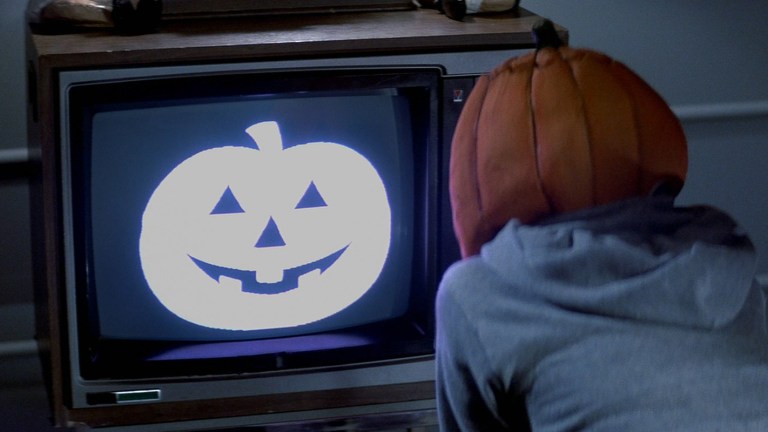
A television series existing in the same world as Halloween III: Season of the Witch (1982) is something certain fans have suggested. Halloween III has always been a super fun movie, even if its reputation was hindered by people expecting something they didn’t get when it was originally released. As the decades passed, more and more people started to come around and see the greatness of Halloween III, and it now has its proper status as a Halloween cult classic.
That said, much like the original Halloween is probably best on its own with no sequels, Halloween III may also be best as a standalone. The ending of Halloween III is excellent, and showing what happens after the final shot in the movie might be a mistake. For a legacy sequel to work, the events of the movie should probably be referred to in vague references rather than explicit details. If the story takes place today and deals with some of the same ideas (ancient magic in modern society and conspiracies involving Halloween), then it could be really interesting. The main question is if Miramax would be willing to gamble on enough people being interested in a Halloween III sequel series since it is still not a universally acclaimed film.
2. A Requel to Halloween 4: The Return of Michael Myers
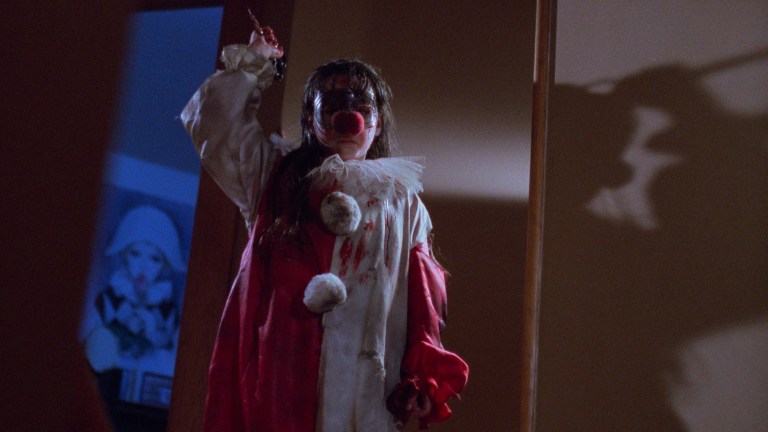
This idea might be far-fetched, but it has the potential to be quite exciting. The ending of Halloween 4: The Return of Michael Myers has young Jamie Lloyd stab her adopted mother in a scene meant to emulate the opening of Halloween (1978). The implication is that the evil Michael possesses is now affecting his niece Jamie.
What if a TV series began by focusing on Jamie Lloyd as an adult in our current time? They would of course have to bring Danielle Harris back for this to work properly, which would be amazing. The story could be a requel that ignores the events of Halloween 5 and beyond, and just focuses on Jamie while a new series of murders occurs in the town she is currently living in. People close to Jamie wonder if she is involved, and Jamie herself begins to wonder the same thing, as if there is a separate part of her that takes over.
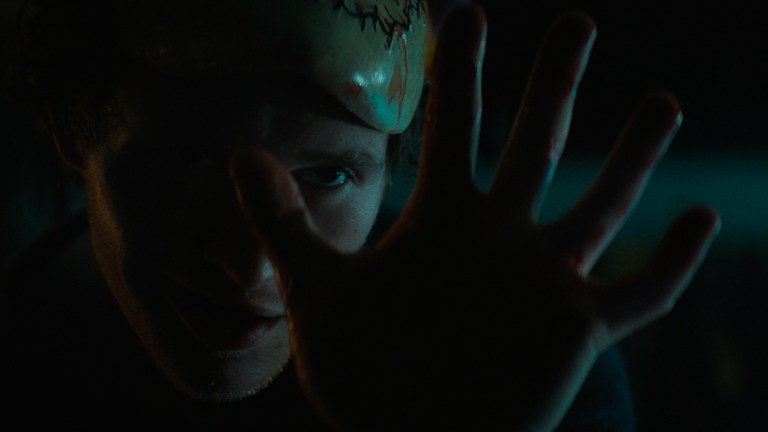
The series could play out like a slasher, but also as a mystery and a psychological horror series. It could also feel a bit like a redo of some of the ideas presented in Halloween Ends (2022), but if done right it could be a completely original spin on the subject. Plus, since it’s based in the classic lore of the series, it might be more palatable for people who didn’t enjoy Halloween Ends. And if they want Michael to be in it, that’s entirely possible. The trick to this idea is getting Halloween superfans, casual fans, and non-fans on the same page in regards to the ludicrously convoluted Halloween timeline.
3. A Cult of Thorn Series
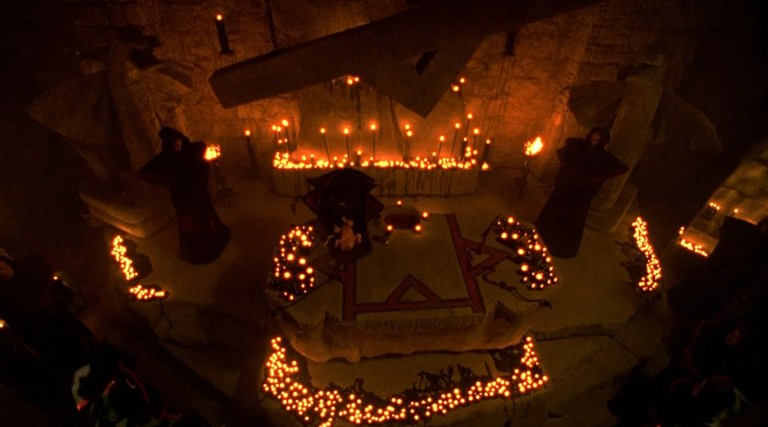
Some people have suggested a series based on the Cult of Thorn. They are the cult who, as revealed in Halloween: The Curse of Michael Myers (1995), facilitate the passing of a curse/possession to different hosts who are forced to kill their family members as a sacrifice. The nature of Thorn is different depending on if you watch the theatrical cut or the producer’s cut of the sixth Halloween movie (the producer’s cut makes more sense), but neither movie is something Miramax would want to base a series on. The only positive that could come from this idea is if they got Paul Rudd to join the cast of the series since he played Tommy Doyle in the movie. But otherwise, let’s all hope this idea doesn’t happen.
4. A Halloween Prequel
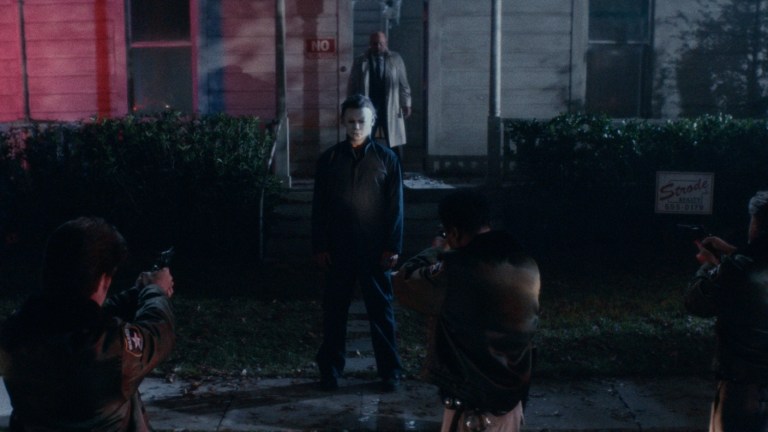
News came out in 2022 that Friday the 13th is getting a prequel/remake series titled Crystal Lake. Specific story details are still hard to find, but the idea of making a prequel to a sprawling film series isn’t new. Many films and shows have had the exact same idea, so it’s probably safe to assume that a Halloween prequel series was, at the very least, brought up at some point. The problem is, it might be too safe.
A Halloween prequel could focus on the Myers family before Michael killed Judith on that fateful night in 1963. A series like Bates Motel (2013-2017) successfully told the story of Norman Bates and his mother, so something similar in spirit to that could work for Halloween.
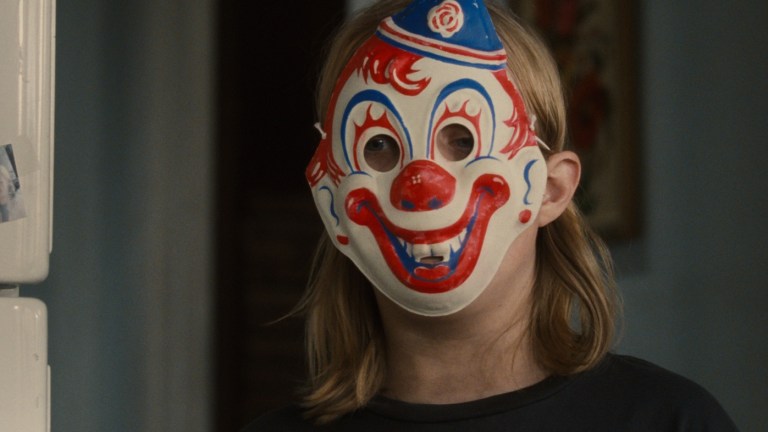
We have seen a deeper look into Michael Myers as a child in Rob Zombie’s Halloween (2007), but a series would obviously not be set within that continuity. The thing we can learn from Zombie’s Michael is that over-explaining a character’s motivations isn’t always the best idea. Michael Myers, as The Shape, is best when his motivations are largely a mystery. Does “evil” need to be explained? Can it be explained? Should it? That’s the biggest hurdle a prequel series would have.
5. Halloween as an Anthology Series
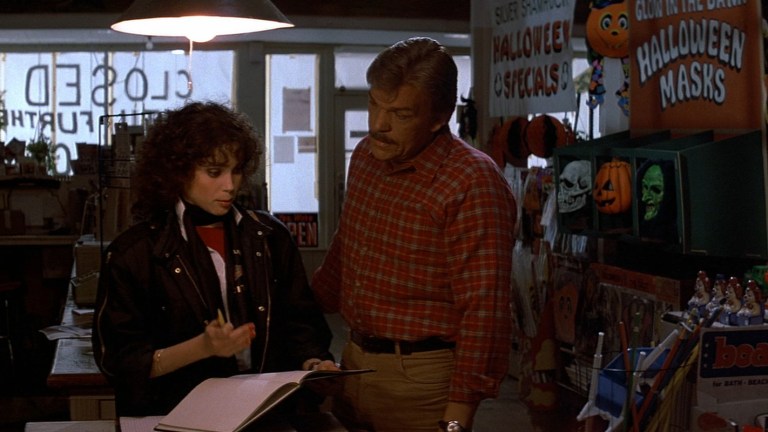
Many people on social media and beyond like the idea of turning the Halloween brand into an anthology series. This applies to the potential TV series as well as any future movies. Proponents of the idea often cite Halloween III: Season of the Witch as an example of precedent within the franchise for the switch from a Michael-Myers-centered story to a series where the subject matter changes from episode to episode.
The idea of a Halloween themed (as in the holiday and not the franchise) anthology series is appealing, but it might not be the best use of the Halloween rights. Anyone can make an anthology series that focuses on the October 31st holiday, so what would the Halloween name bring to the series if you’re not utilizing the characters or story lines that come with that brand? Let’s not forget that Friday the 13th: The Series (1987-1990) and Freddy’s Nightmares (1988-1990) exist, and they’re remembered more as curiosities than as great television (though they are fun). Freddy’s Nightmares actually did use Freddy in the stories of a few episodes, but even then it didn’t help the series feel like a must-watch for fans.
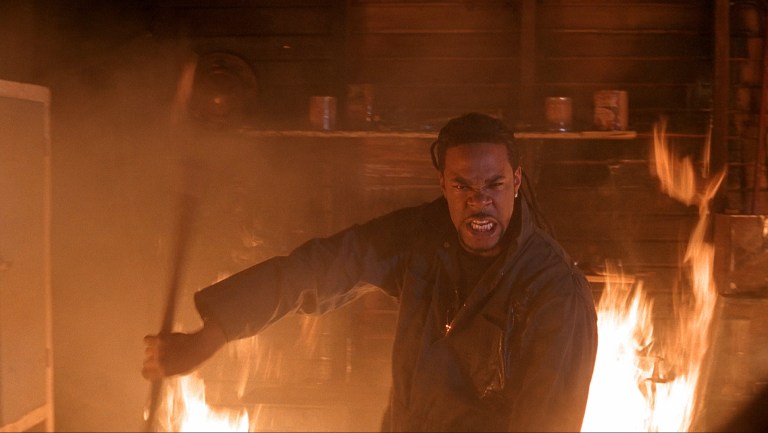
The Halloween franchise, for better or worse depending on who you ask, is associated with Michael Myers. If you use the Halloween branding then it should probably have something to do with Myers, The Shape, Haddonfield, or something at least tangentially related. An anthology series that exists within the same universe as the Halloween movies but deals with other subjects could maybe work, but then you’d have to deal with determining which of the many differing timelines it exists within. If it doesn’t utilize any of that, then what’s the point?
An alternative to using Myers-related stories in an anthology series would be if John Carpenter was somehow involved creatively in the production. Halloween III: Season of the Witch works as part of the Halloween franchise because we know Carpenter and Debra Hill were involved, and because there is some crossover in other areas (including actors and crew members). At this time though, without Myers and/or Carpenter it just doesn’t feel like Halloween.
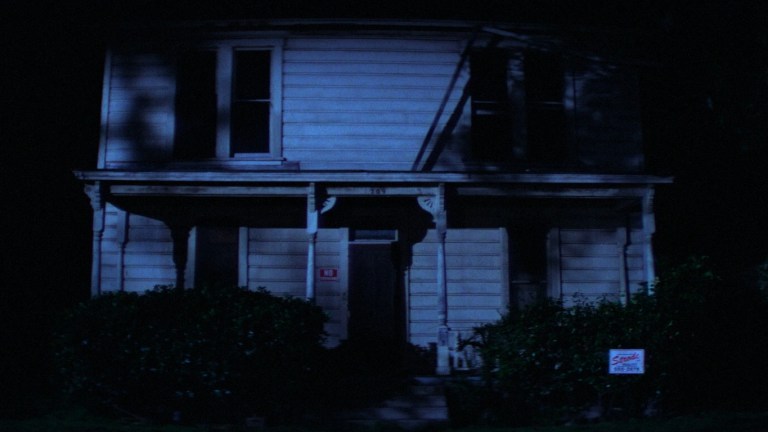
Also, contrary to an apparently popular belief, it was not John Carpenter’s original vision for Halloween to be an anthology series of films. When he and Debra Hill worked on the 1978 movie, their plan was to do the one Halloween film and then move on to other projects. They never intended for it to be a series at all. If you read interviews when John Carpenter is asked about Halloween sequels, he says variations of “I didn’t think there was any more story, and I didn’t want to do it again.” Also, listening to the commentary on Halloween (1978), he definitively says there should have been no sequels. The idea for making Halloween into an anthology series came up when he and Hill decided that, since they couldn’t stop sequels being made, they might as well make money by being producers on them, but they wanted to move beyond Michael after Halloween II. So, essentially, the anthology idea came up as a way to make working on the continuing series bearable. It was not the original vision.
6. A Halloween Reboot Series
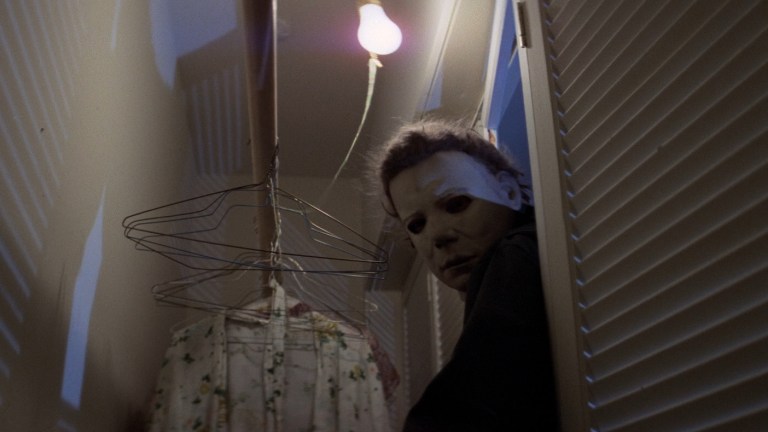
The best idea might be for Miramax to start with a clean slate and do a pure reboot. Start fresh, and have the series begin by focusing on a new version of Michael Myers. Depending on where they begin their focus of the story, this idea could overlap with the previous idea of a Halloween prequel series. The difference is that a prequel series would work with pre-existing lore, and a reboot would be entirely new. Characters could be different, relationships could be altered, and the timeline of events wouldn’t need to be adhered to at all.
The best part of a reboot is that it could use all the things that worked in the Halloween movies while disregarding everything that didn’t. It would be great for the writers too, since they’d have creative freedom unhindered by more than four decades of movies. The Halloween timeline is too ridiculous already. Adding another offshoot isn’t the greatest idea. There really aren’t any drawbacks to this idea, and with the way Halloween Ends ended a reboot seems like the next step anyway.
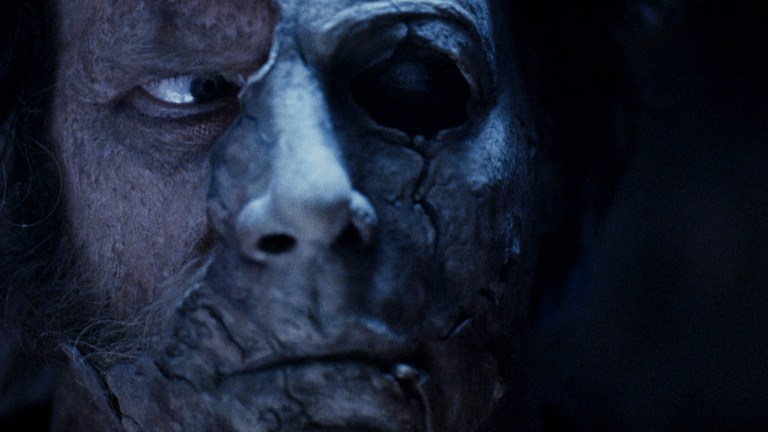
Whatever Miramax decides to do, we will be waiting with anticipation. The original Deadline article announcing Miramax as the winning bidder for the TV rights mentions a Halloween cinematic universe, but that really just feels like a way to say that future TV and film projects could be connected since Miramax is involved on both sides. We shouldn’t expect something like what we associate with cinematic universes like Marvel or DC. But we could see a series that sets up a new movie in a rebooted franchise, and that’s pretty exciting to think about.
